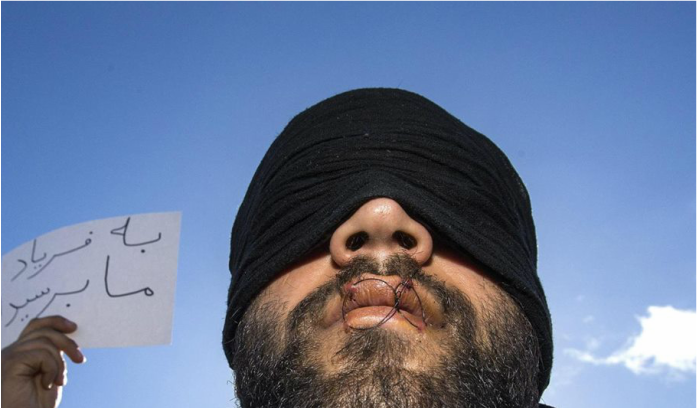I read three pieces about Calais yesterday, and all the time in the back of my mind I have this image of your lips with the thread clearly visible where you have stitched them shut. I think of how much it must hurt – I remember terrible pain when I had stitches in my tongue – and so I know how desperate you are feeling, to add this hurt to the other hurts you are suffering.
You can listen to Francisco Canaro's orchestra with Ernesto Fama singing 'Lo Pasao Paso' in a 1939 recording here. Meanwhile I'm thinking my rough translation should read 'what's past is past' - should it? Now I'm not sure...
And you can read more about the Calais Hunger Strike on their facebook page


 RSS Feed
RSS Feed
